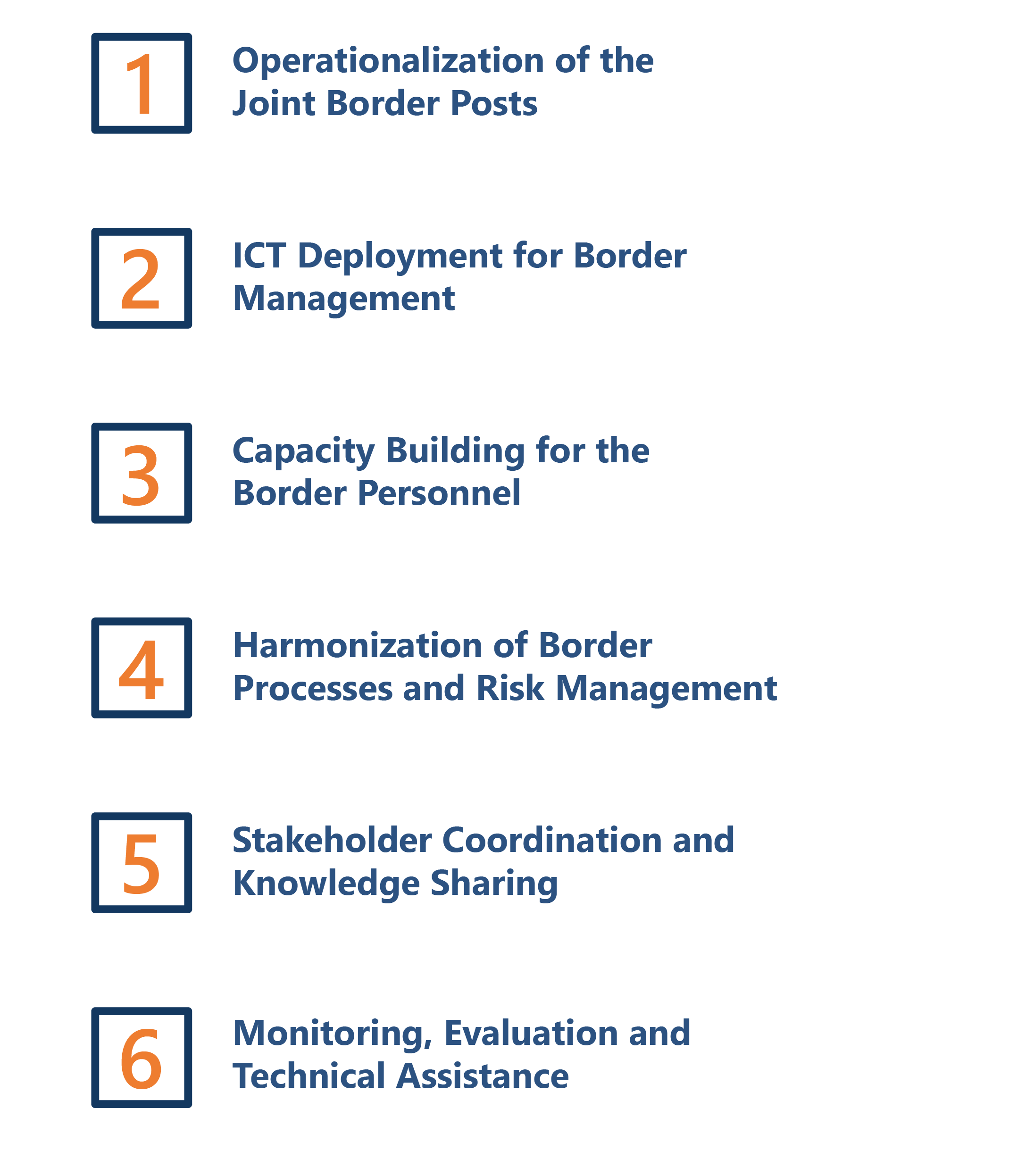

In May 2019, Armenia established a new Ministry of High-Tech Industry, to monitor and secure the development of projects under the digital transformation agenda. Under this landscape, NTU implemented the Technical Assistance to prepare Public Sector Digital Transformation in Armenia (2021-2022). This project supported the digital transformation of the public sector and administration by addressing major barriers related to technical capacities among local stakeholders and preparing the implementation of initial investment projects.
The project aimed to enhance economic digitalisation to support poverty reduction and improve health and social issue management. It focused on empowering digital skills, driving digital transformation, and advancing e-governance, all within the broader framework of cybersecurity and aligned with the Global Gateway policy.
Implementation
As part of our commitment to fostering efficient and sustainable public sector development, NTU implemented a comprehensive assessment and advisory framework to support digital transformation and infrastructure investment across various public entities. To ensure alignment with national priorities and the EIB’s strategic objectives, the work began with defining key public institutions, gathering essential information, and coordinating with responsible Ministries and the EIB, setting the foundation for a structured approach to public sector digitalisation.
NTU analysis focused on evaluating the current capacity of public administrations, their existing digital infrastructure, and their development and investment plans over a three-year period. A critical part of this process involved assessing the economic benefits of ongoing and planned projects, as well as reviewing procurement procedures to ensure compliance with EIB guidelines. Based on the findings, NTU team provided actionable recommendations to accelerate digital transformation, leveraging the increased financing available through the EIB framework loan. These recommendations were further refined through interactive workshops with beneficiaries, ensuring that proposed solutions were both practical and aligned with institutional capabilities. To facilitate implementation, the insights were consolidated into standardised fact sheets, outlining investment needs, institutional arrangements, technical assessments, and cost estimates at both the individual beneficiary and national levels.

Impact
The implementation of the project resulted in several significant outcomes:
-
Provided public administrations with a clear understanding of their current digital infrastructure, procurement procedures, and investment plans, enabling them to make informed decisions and improve service delivery.
-
Identified high-impact projects and economic benefits, guiding the prioritisation of investments to maximise efficiency and return on investment over a three-year period.
-
Clear guidelines were created and shared to ensure compliance of future projects with EIB financing requirements.
SDGs:




